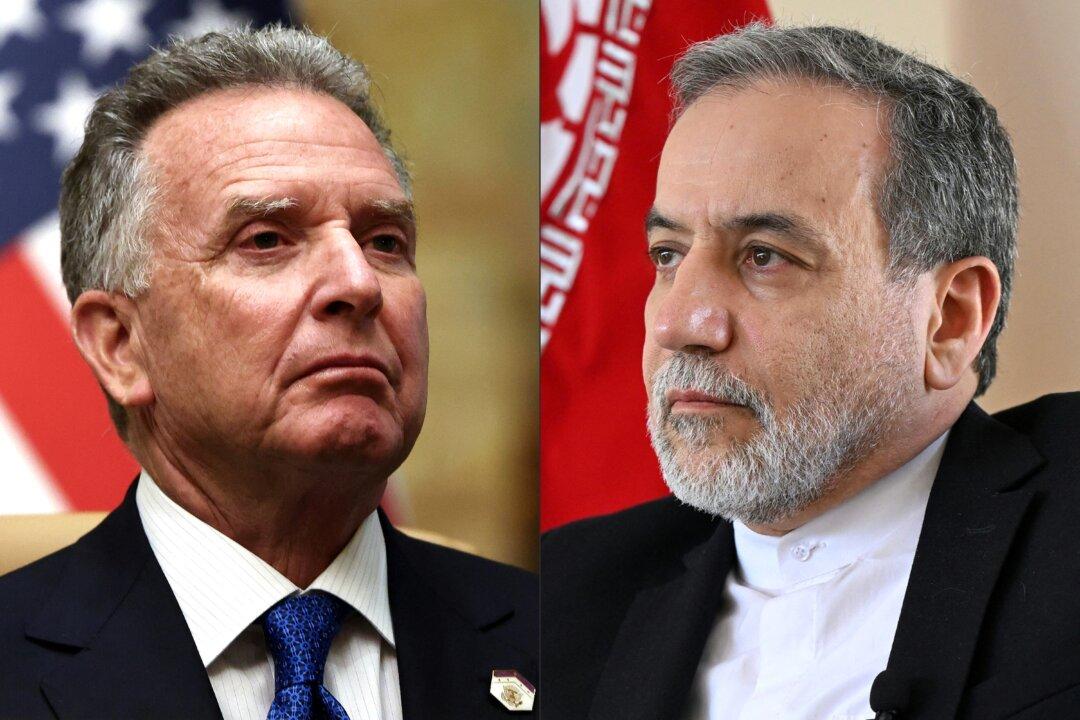The next round of negotiations between the United States and Iran aimed at resolving a decade-long nuclear standoff is set to take place Saturday in Rome, following earlier confusion over the venue.
Iranian Foreign Minister Abbas Araghchi confirmed the location Wednesday in an interview with state-run Press TV, adding that Oman will continue to mediate the discussions. Araghchi and U.S. President Donald Trump’s Middle East envoy, Steve Witkoff, held the first round of indirect talks in Muscat last weekend, where Omani diplomat Badr al-Busaidi shuttled messages between the delegations.





